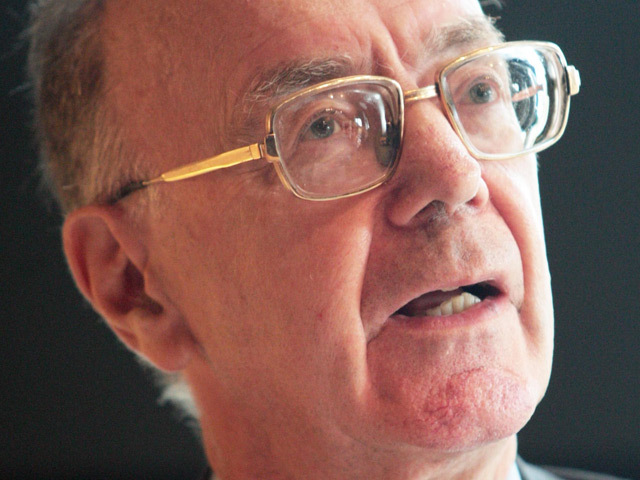
Professor Alex Kemp today said that the North Sea still has some way to go until it sees the reported end of ‘lower-for-longer’.
As far back as 2015, industry experts have been stating that the oil and gas industry best get used to a lower oil price that won’t rise for some time to come.
Yet, yesterday the commodities and investment trading company, Trafigura Group, announced very publicly that it believed the days of the weak oil price were finally over.
Speaking to Energy Voice, the Petroleum Economics Professor at Aberdeen University, explained why he doesn’t think the same situation applies to the North Sea as it might in other oil producing sectors of the globe. He said: “It looks like in activity terms we’re bottoming out. That’s my interpretation of the present situation: bottoming out. Then there’s the question of will we keep at this level for a little bit longer into the future, and that is quite a realistic kind of scenario.
“It will take a little while for an upturn to take place on a worldwide basis, including in the North Sea. In the North Sea I expect that activity will be rather subdued for some time longer.”
While Professor Kemp is confident that other areas might see some form of an end to lower-for-longer, such as the bigger fields of West Africa where the cost per barrel is a bit lower, or the Middle East where costs are lower still, his optimism doesn’t quite stretch to the North Sea right now.
Discussing what separates this part of the oil producing world from the others, he said: “In the North Sea – and worldwide – there has been enormous effort to reduce costs and costs have come down substantially. They were particularly high in the North Sea compared to worldwide averages because we’ve got a number of very mature fields with large platforms where the running costs are really very high and we’ve also got new fields that are really quite small, so the costs per barrel have been really quite high.
“Cost reduction has come along in a big way but as things stand we’re finding that some new projects can go ahead but not that many, if it goes to $60 a barrel then some more projects can go ahead. But the North Sea will still be tough going economically.”
Yet, the Professor also feels that all this talk of an end to lower-for-longer is all a bit academic until OPEC meet at the end of the year to decide how the industry reacts to any change in its circumstances.
He said: “It all depends what happens in the OPEC Group. Will they curtail production when they meet in November? The potential supplies worldwide are still quite strong at a price between $50 and $60 so much will depend on whether OPEC put forward a credible case for continuing the meet in November and at the moment that’s very much an open question.”
Recommended for you
